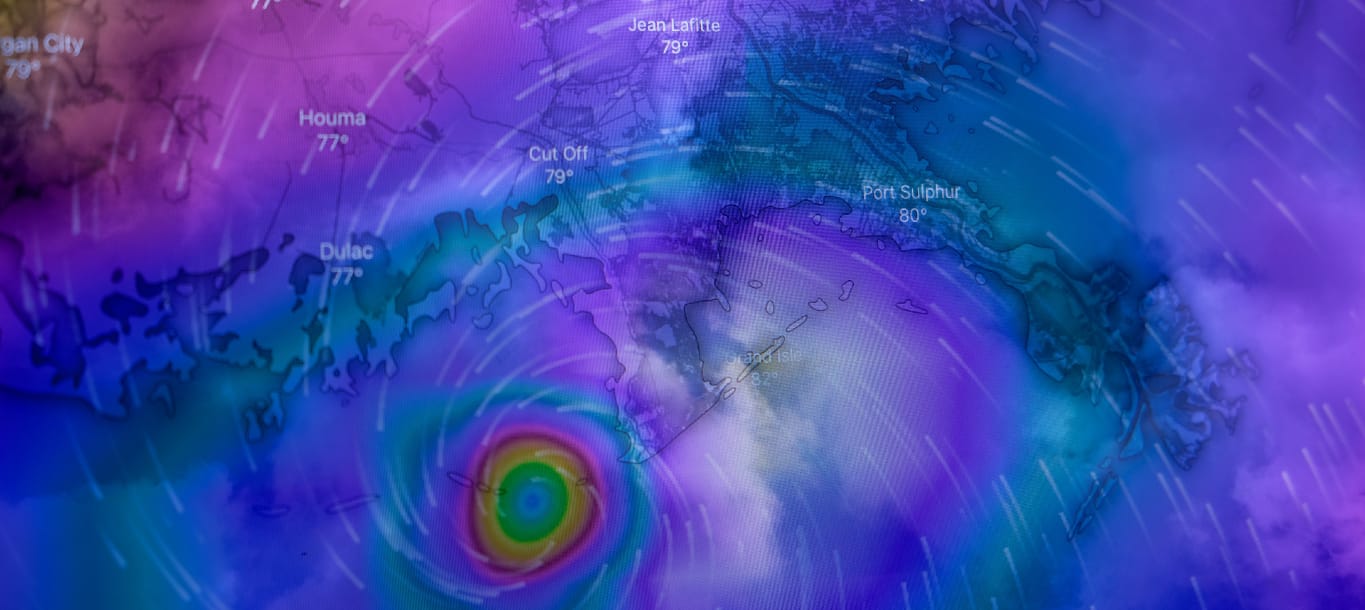What is a meteorologist?
As a meteorologist, you’ll provide short and long-term weather forecasts. You can choose to specialise in weather forecasting or in research. In addition to providing weather predictions for the general public, as a weather forecaster, you’ll also provide predictions for organisations like the aviation industry, the government, sea fishing industries, and the armed forces.
Imagine being able to say you contributed to the weather forecast! If you’re more interested in research, meteorologist researchers design models to improve the accuracy of forecasts and monitor changes in the climate. This research is used to give weather warnings, or to highlight the dangers of global warming and climate change.
What are the typical responsibilities of a meteorologist?
Day-to-day responsibilities differ depending on whether you’re interested in forecasting or research. As a weather forecaster, typical responsibilities include: collecting data from satellite images and weather stations, measuring the air pressure, temperature, humidity and wind speed, forecasting the weather by analysing research and using computer programming, and relaying the forecasts to the general public and key industries.
As a researcher, you’ll spend your time fine-tuning computer forecasting models, using research to predict extreme weather like floods or blizzards, studying weather patterns and changes in the overall climate, and understanding how the weather affects the spread of disease and pollution.
How can I become a meteorologist?
To become a Meteorologist, it's a good idea to have an apprenticeship or degree in the STEM field. The Met Office and the Environmental Agency are two leading organisations offering apprenticeships and work placements. Researchers need a postgraduate qualification in a related field.
To learn more about the field, the Royal Meteorological Society also offers a student membership, which allows you to network with professionals, attend conferences, or volunteer as an editor or student mentor.
Diversity within Meteorology
If you’re part of an underrepresented group, you may feel nervous about becoming a meteorologist, given the underrepresentation of minorities within the field. However, many weather providers, such as the BBC and the Met Office, are committed to increasing diversity within the profession. The BBC even launched a weather presenting training scheme exclusively for candidates with disabilities, and qualifications are not necessary to apply.
Furthermore, by pursuing your dream of becoming a meteorologist, you’ll show people like you that it’s possible to succeed in the field, especially if you choose to become a presenter.
